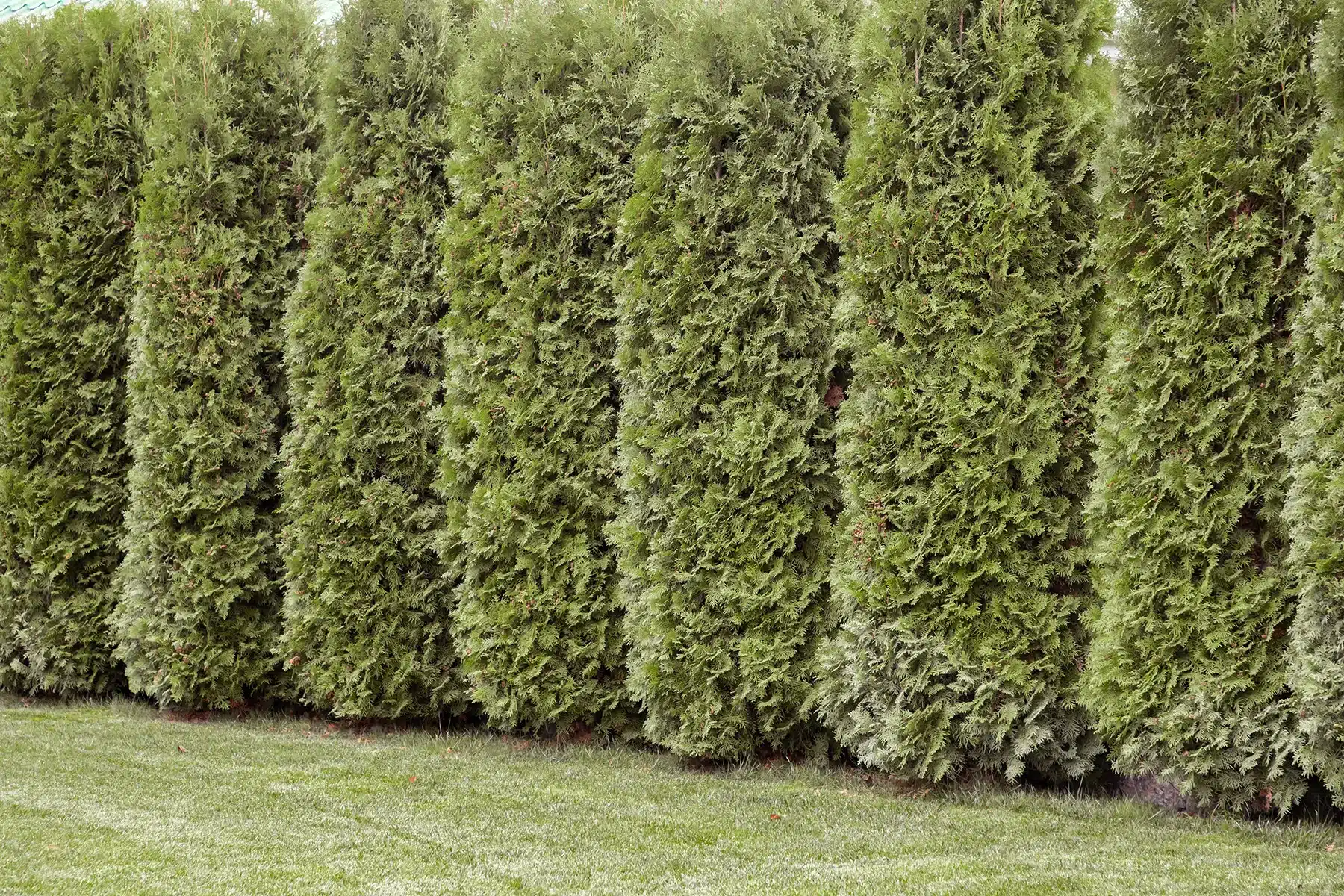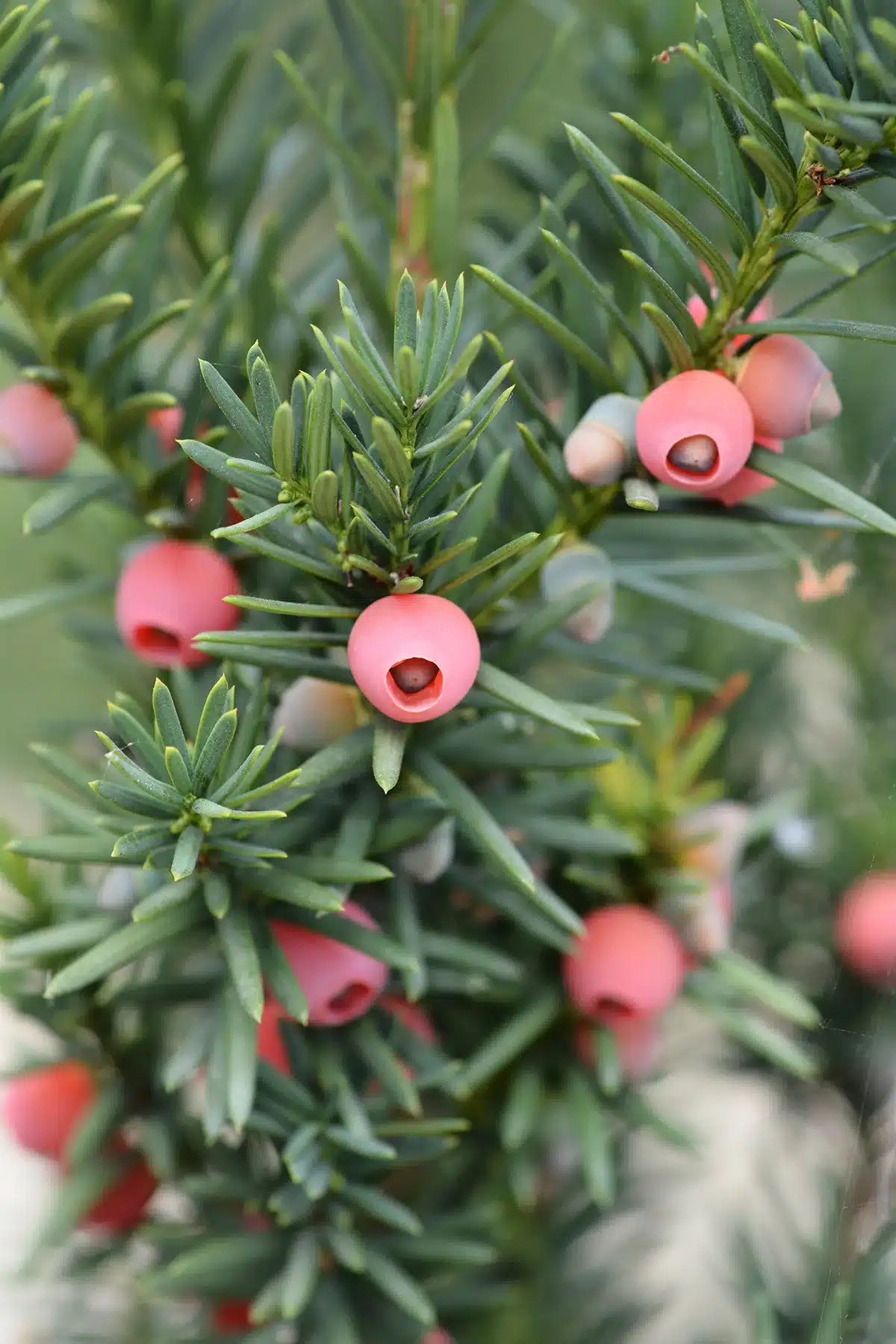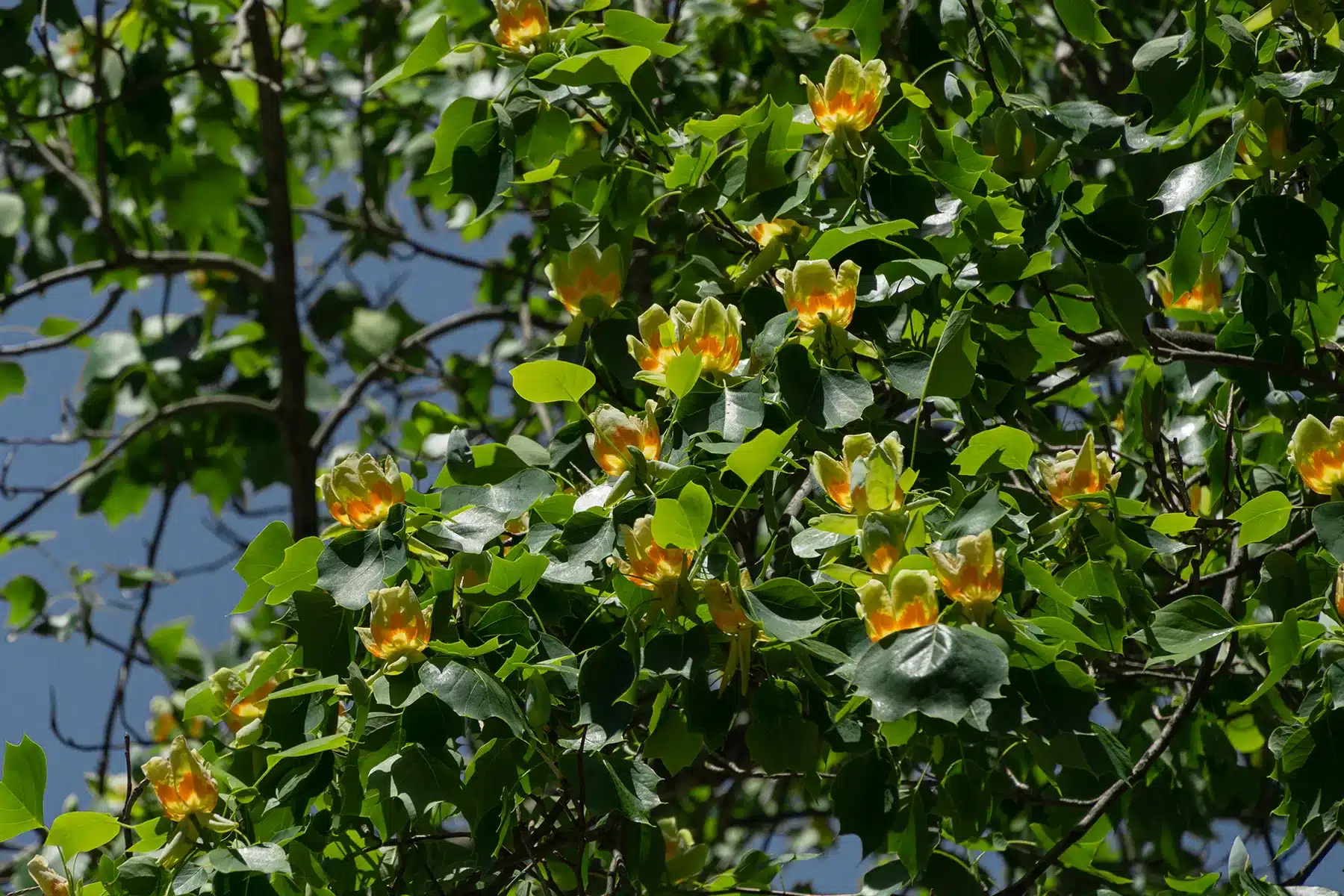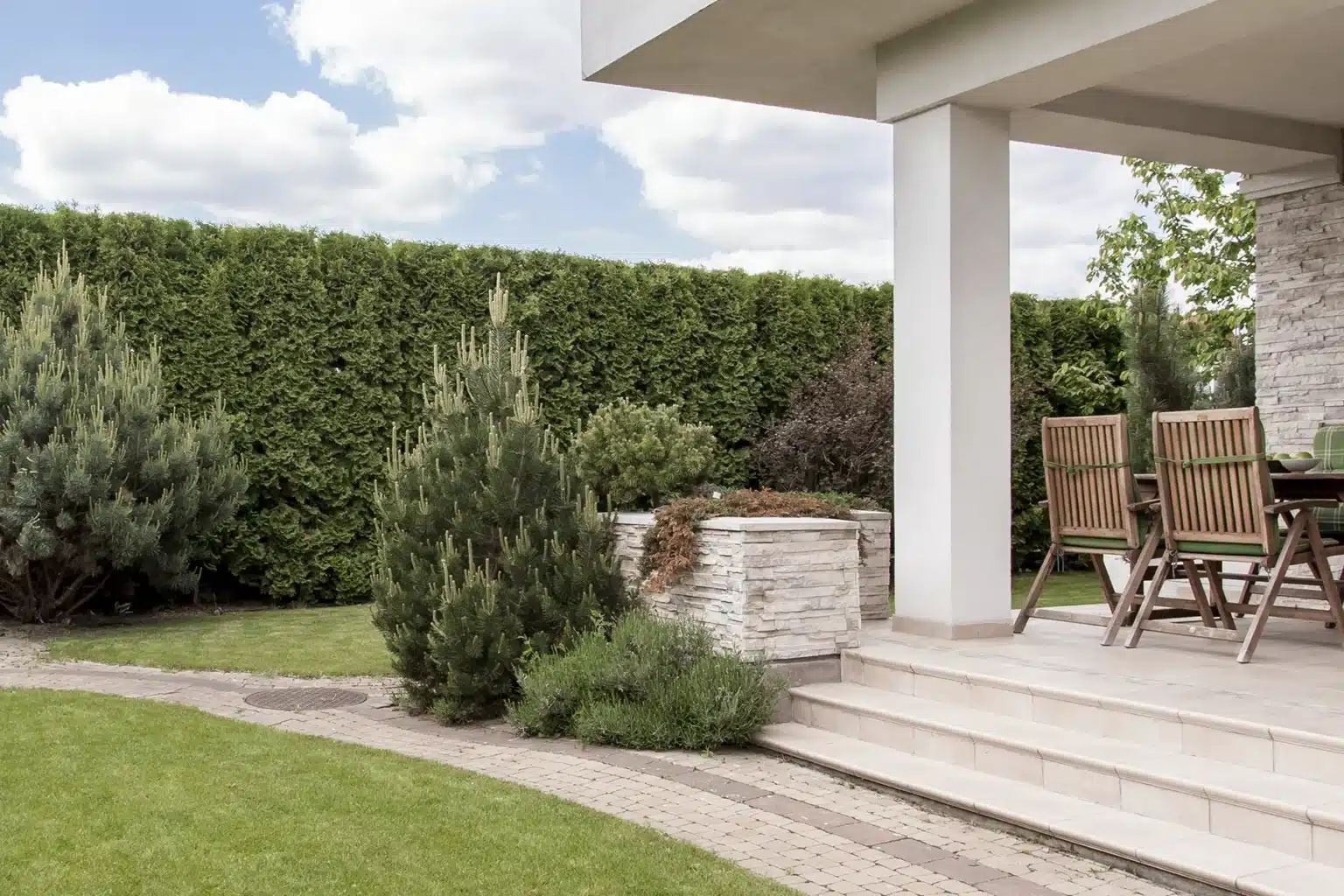Privacy is highly valued in today’s world. Installing a privacy plant screen is one way to obstruct unwanted views and create a secluded oasis. We’ll explore both popular and less common plant options to help you achieve your privacy objectives.
Benefits of Using Plants for Screening
Plants can form a natural barrier, enhancing privacy for you and your family. In an increasingly noisy world, dense plantings can also serve as a sound buffer, providing a serene space for outdoor relaxation. They also serve as an effective shield against strong winds that could disrupt your home or outdoor living area.

Choosing the Right Plants for Your Privacy
Consider the following factors when choosing plants for privacy:
Height: The required height for privacy depends on the purpose of your screening. Use tall plants to obstruct views into higher windows, and shorter plants for blocking views at eye level.
Width: This will depend on the space available to you. Wider plants can cover larger areas, while columnar forms are better suited for narrow spaces.
Sunlight: Selecting plants that suit your lighting conditions can lead to a more effective and successful privacy screen. Observe your area carefully to understand the amount of sunlight it receives. Matching the plants to their required light conditions will enable them to thrive.
Water: All plants require regular watering until they are established. However, some plants need water more consistently. Without irrigation, maintaining these plants can be challenging, especially if they are planted far from your home. Choose plants that thrive on the available water to simplify both your life and the care of the plants.
Evergreen or Deciduous: Both evergreen and deciduous plants have their advantages. Evergreen plants provide year-round screening and protection from wind. On the other hand, deciduous plants, with their dense foliage, offer screening and enhance aesthetic appeal through their flowers or interesting foliage.
Single or Multiple Plant Types: If your available space can only accommodate one type of plant, that’s okay. However, if the area allows, consider mixing evergreen and deciduous plants. This not only adds diversity to your screening but also creates a more natural appearance. Plus, it makes replacing plants easier if the need arises.
Evergreen Privacy Plants
There are numerous evergreens suitable for screening. Here are some of our favorites.




Deciduous Privacy Plants
Evergreen plants aren’t your only option for privacy screening. Deciduous trees and shrubs also provide excellent seasonal coverage, adding additional interest to your landscape.




Plants are an excellent way to provide seclusion to your outdoor living area. By selecting the appropriate plant for the correct location, you can establish a low-maintenance barrier that ensures privacy for many years.



